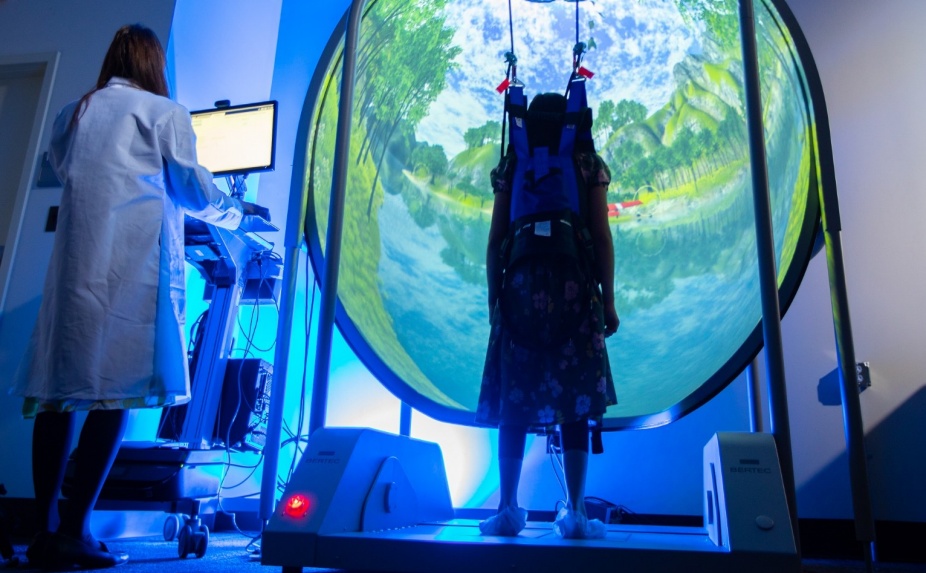Brain Function and Recovery

The Brain Function and Recovery (BFR) Lab focuses on two crucial areas of research: mechanism of motor control and application of neuromodulation in youth after brain injury, and identification of brain injury and its effects in survivors of intimate partner violence.
Our Impact
Repeated brain injuries may lead to residual functional impairments and even death. Children with one brain injury and women in abusive relationships are both at risk of sustaining additional head trauma(s).
The emphasis of our research is to develop and validate filed expedient, sensitive, state-of-the art, affordable tools for early detection of brain injuries and its persistent sequelae in these high-risk groups. Precise detection of brain injury is crucial for appropriate treatment and prognosis. Determining individualized treatments of brain injury using neuromodulation and motor learning mechanisms is another area of interest.
Overall, our research incorporates inclusive and holistic perspective of identifying and treating brain injuries and its effects while considering the influence of social determinants of health.
